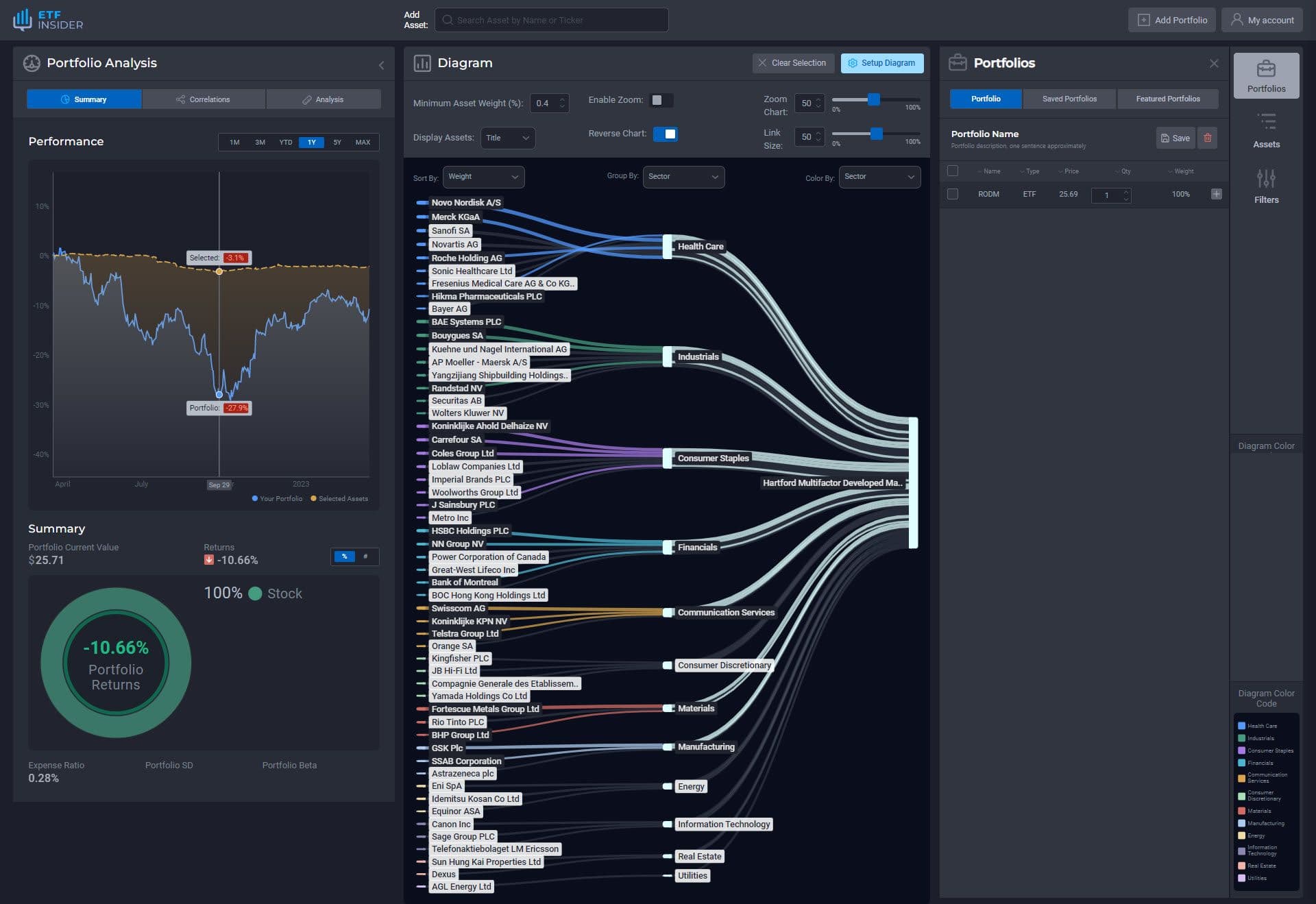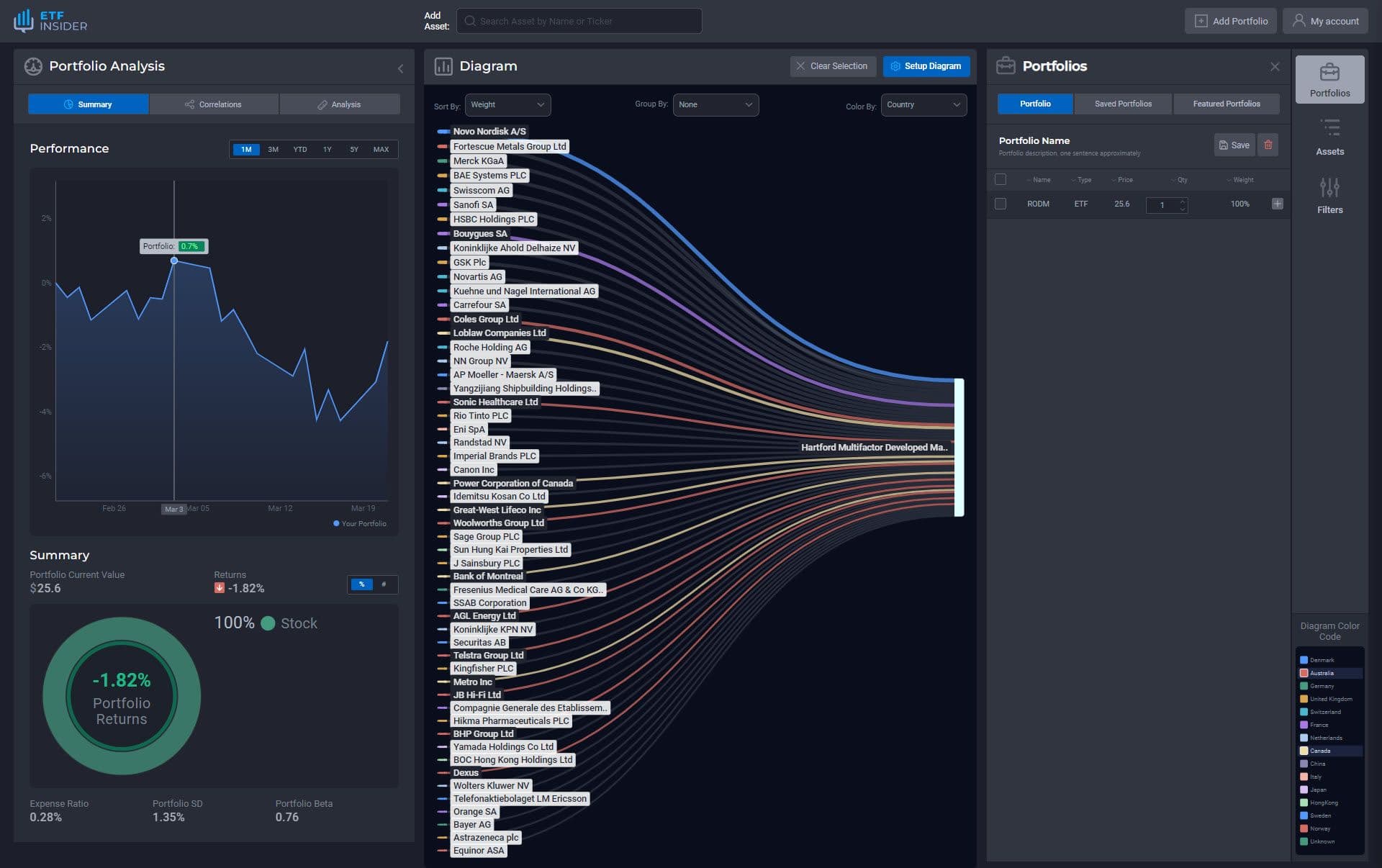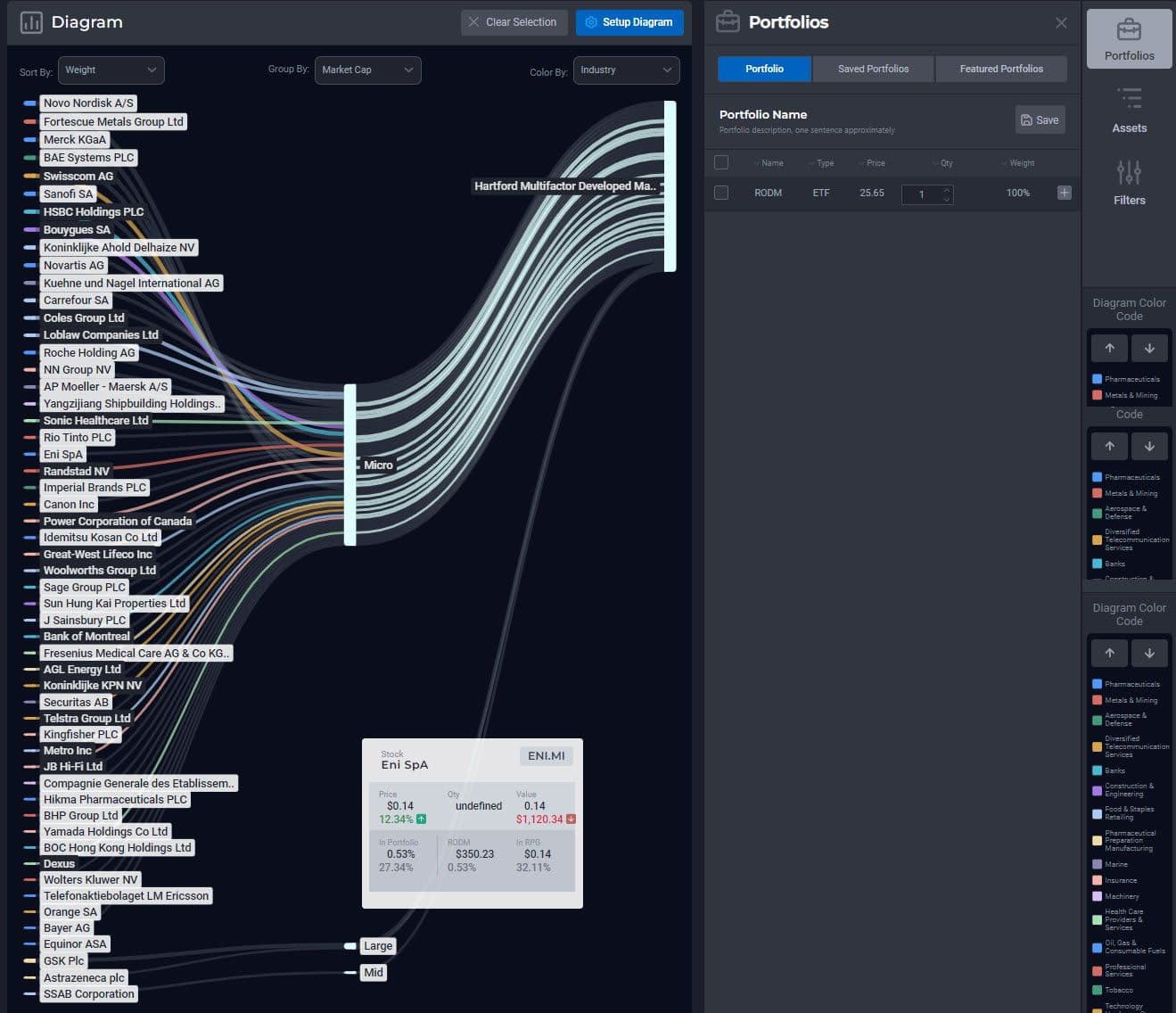
Reasons Why Quant Funds in Your Portfolio
In recent years, Quant Funds have gained popularity among investors seeking a more "scientific" approach to portfolio management. For starters, quantitative funds, or "quant funds," are investment vehicles that use advanced mathematical models and complex algorithms to identify and capitalize on market inefficiencies.
In this post, we will discuss five reasons why you may want to consider quant funds in your portfolio.
1. A systematic and objective approach
First and foremost, quant funds use a systematic and objective approach to portfolio management, which reduces the impact of human biases and emotions. The algorithms these funds use are designed to identify patterns in market data and execute trades based on those patterns. Thus, this approach removes the subjective nature of traditional investment decision-making and provides a more disciplined approach to managing a portfolio. Moreover, by relying on data and algorithms rather than individual opinions, quant funds are more likely to make consistent and rational investment decisions.
 Quant funds 2.jpg
Quant funds 2.jpg
2. Consistent performance
Next, quant funds are designed to perform consistently over time. The algorithms these funds use are backtested using historical market data to ensure they are effective in different market conditions. Therefore, this rigorous testing process ensures that the funds can deliver consistent returns over the long term, which is particularly important for investors looking to build a diversified portfolio. With quant funds, investors can have more confidence in the predictability and reliability of their investments.
3. Diversification
As a significant advantage, these funds also provide diversification benefits to your portfolio, especially in the form of ETFs. Like other funds, quant funds invest across multiple asset classes and markets, which reduces the concentration risk of investing in a single asset or market. This diversification helps reduce the portfolio's overall risk and provides investors with exposure to a broader range of investment opportunities. Furthermore, because quant funds rely on data and algorithms, they can identify investment opportunities ahead of individual investors and fund managers.
4. Transparency
Because of its inherent nature, quant funds are also typically more transparent than traditional funds. The algorithms these funds use are often disclosed to investors, which provides greater transparency and allows investors to understand how the fund is fully managed. This transparency is crucial for investors who want to know exactly how their money is being invested and to assess the risks associated with the investment. Moreover, many quant funds report their performance regularly, providing investors with clear insights into their investments' performance and composition.
5. Lower fees
Quant funds typically have lower fees than traditional funds. This is because using algorithms and automation reduces the need for expensive human resources and research, which lowers the overall cost of managing the fund. These lower fees result in higher net returns for investors. Furthermore, quant funds are often passively managed, leading to cost savings over the long term.
 Quant funds 3.jpg
Quant funds 3.jpg
Conclusion
In a nutshell, quant funds are worth considering in your portfolio due to their systematic and objective approach, consistent performance, diversification benefits, transparency, and lower fees. However, it's important to remember that no investment is without risk, and careful consideration of your investment objectives, risk tolerance, and financial situation before investing in any fund is a must.
Additionally, we must do our due diligence to find the best quant fund that aligns with their investment goals and risk tolerance. Thankfully, there are now sophisticated data visualization tools such as ETF Insider that allows us to see the composition and the possible impact of your desired quant fund on your overall portfolio, helping you to avoid fund overlaps and overexposure and ensure you are diversified for success.
Get started